I’m in the middle of the bustling city of Kolkata as I begin writing this article but my mind is still holding onto the experience of the most magical country, and finding happiness in Bhutan.
I’ve travelled fairly extensively but I have yet to visit a country as distinctive as this. In fact, it is so unmistakably different that I felt I had journeyed to another planet, even though my flight from Kolkata to Paro was barely an hour. A joyful planet where simplicity rules the way to happiness.
Bhutan’s individuality becomes apparent from Paro airport itself. All other airports I’ve been to have been homogenised by the gloss of stores housing the same global brands, all posited on a bedrock of conspicuous consumption. But this airport was not only sans any brands but bare of shops altogether, save an unassuming lady selling mobile phone SIM cards across a small table, as you exit the arrivals area.
Paro airport, the only international airport in Bhutan, is one of the trickiest airports in the world to land in. Planes manoeuvre between mountains to land on a runway that feels like a road. Seeing my plane park, conjured the sense of a car on a beautiful road. The airport building, symbolic of the ubiquitous and particularistic architecture you find throughout Bhutan, feels like an ornate house at the end of a road. The simple embrace and informality that begins with the design of Paro airport continues, as a sensibility, throughout the country.
I often travel solo in Europe and the USA, but seldom in Asia. Bhutan was to be a solo trip to a country where I knew no-one. However, the easy friendliness of the Bhutanese people is such that I felt I had gathered friends whilst making my travel arrangements with the Bhutan Tourism Board and with hotels where I stayed.
An hour’s drive from Paro airport, the capital Thimphu was my first stop. I took in greenery, architecture, the summer sun and conversation, as my guide explained, ‘we Bhutanese don’t feel any need to be greedy’. Historically, due to its geography, Bhutan has been a very isolated country. It has never been conquered – literally and metaphorically – and this has kept it pristine and unadulterated from the excesses of the world at large.
Hugged by mountains, my arrival at my hotel in Thimphu – the beautiful Le Meridien was marked by warmth. Stores showcasing and selling the best of Bhutanese art and crafts lead to the impressive threshold of the hotel. I was welcomed with a white scarf denoting peace, a hot towel, tea spiced with ginger and lemon and the serenade of tranquil Buddhist music. The hotel is one of a five star chain yet it carries a boutique feel. My suite was marked by the luxury of sleek, contemporary furnishings and the view of both my room and living room had the lure of the mountains that carry the city of Thimphu.
On the my second and last night, I returned from a day’s sight seeing to an adorable ‘cuddly toy’ on my bed and a miniature kira, the national dress for women in Bhutan. The toy was made most imaginatively from towels and the kira was a take-home-memento from a hotel that associates luxury with care. The hotel staff were perpetually helpful, bending over backwards to make my stay unforgettable.
The experience of Thimpu as a city was brimming with peace. It does not carry the hustle and bustle of typical capital cities. Sitting high and adroit in the mountains of Thimphu is the Dordema Buddha. Recently constructed, it is one of the highest statues of Buddha in the world. The views it accords at the zenith it sits at, are expansive and serene. I was struck by chants from the Sikh prayer ‘Eko Ankar’ reverberating from an event being held in its grounds.
A second must-do experience in Thimpu is the Cherry Monastery trek. Depending on your level of fitness, the uphill climb can take between one to two hours but the serenity of air, the embrace of pines and the breathtaking views make it entirely worthwhile.
For a date with Bhutanese fine dining in Thimpu, the Chig Ga Gye at the Taj Tashi Hotel is a combination of the best of Bhutanese cuisine, culture and hospitality. Named after the 108 temptations enumerated in Buddhism, the menu represents different regions of Bhutan.
The Kakuru Jaju – a pumpkin soup with simmered vegetables and served with buckwheat pancakes, is exceptional. Their version of the national dish Datshi is outstanding. Churm marp, steamed local red rice is another unmissable dish. I also attended the hotel’s pre-dinner tea ceremony and blessing by the llamas, which was followed by a folk dance presentation around a bonfire, on grounds surrounded by rose bushes.
From Thimpu, I travelled to Wangdue via Punakha taking in the Dochula mountain pass on the way which is at an altitude of 3200 feet. One of the highlights of my trip was my visit to the Wolakha nunnery in Punakha. Most of the nuns appeared to be very young, possibly even teenagers and pre-teens. Perpetually smiling and affable, they were otherwise busy studying or going about their daily tasks like the upkeep of the temple on its grounds. Atop the mountains, where the breeze was so invigorating that it entirely lifted the heat of the 35 degree sun, the location of this nunnery in itself felt meditative.
Punakha is also home to the longest suspension bridge in Bhutan and apparently the second longest in the world. It is just by Punakha’s famous Dzong, i.e. fortress. Walking across it felt like being on a balcony swing just that this time below were the raging teal waters of a glacial river. Clouds were hanging so low that they could have almost been snatched to play with. The reach of the mountains seen from the bridge were as far as the eyes travelled; to beyond people. That night I stayed along the river at a resort called Kichu. My room balcony had rushing waters running just below it so I slept and awoke to river sounds. It was not a 5 star hotel but safe, confortable and beautiful in its layout where the staff, characteristic of Bhutanese hospitality, went the extra mile.
My last stop was Paro, my favourite city in Bhutan. The mountains of Paro are extremely pretty and seem at complete ease overlooking paddy fields. I took long walks on meandering roads under the watch of these mountains and clear summer skies.
In Paro, I was struck again by the infallible hospitality of the hotels I stayed in – the Como Uma and the Le Meridien Riverfront. Como Uma Paro carries a boutique sensibility in every sense of the phrase. The lush furnishings in its lobby carry a quiet presence. My suite had what felt like, a 360 degree view of mountain forests with the tree branches leaning in at my window panes. The Bose sound system, ready with a Buddhist music CD, meant I did my morning mediation to crisp, reverberating chants, after which I attended a lesson in archery, the national sport of Bhutan.
In the evening, I experienced the traditional Bhutanese hot stone bath and massage. In a fragrantly lit hut amongst pine trees, a tub with water at 40 degrees and medicinal herbs from the surrounding forests, was prepared. Being a very hot day they brought the water temperature down by a degree or two. I was asked to sit in the ‘medicinally activated’ waters for 20-30 minutes. There were ice cubes in a bowl and lots of water to hand and a gong bowl to hit to call the masseuse in earlier, if needed. The bath did ease my muscles, sore from trekking. The massage that followed was among the best I’ve experienced. Lloma, my therapist, chatted to me easily about the simplicities of life in Bhutan.
The Le Meridien Paro Riverfront takes from its name, as the river glides by it. I would watch the river glide along the mountains from my room. By now I was becoming inured to the easy friendliness of the Bhutanese people, to the nurture inherent in their hospitality. Each day during dinner the hotel staff would come by to check in on me – to ask how my day went and if I needed any help with planning the next day. They shared stories of Bhutan – their stories, of their ‘humble King’, their history and their people that have become part of my treasure trove; that gave me an insight into why research has labeled Bhutan the happiest country in the world.
On the day of my departure I had an early morning flight. This did not allow me time to have my favourite buckwheat pancakes at the Le Meridien hotel restaurant for breakfast. Just I was getting into my taxi, a staff member came running towards me. With a paper bag in hand, he said, “Madam, we thought you would like to have the buckwheat pancakes along your journey home”; not knowing that by doing so, they’ve made me feel ‘at home’ in this wondrous country.
Looking for a wellness getaway? Find out about the best yoga retreats.
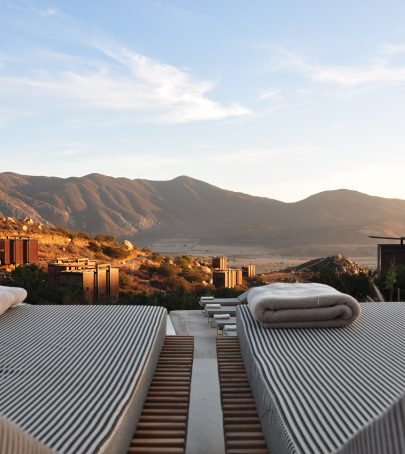
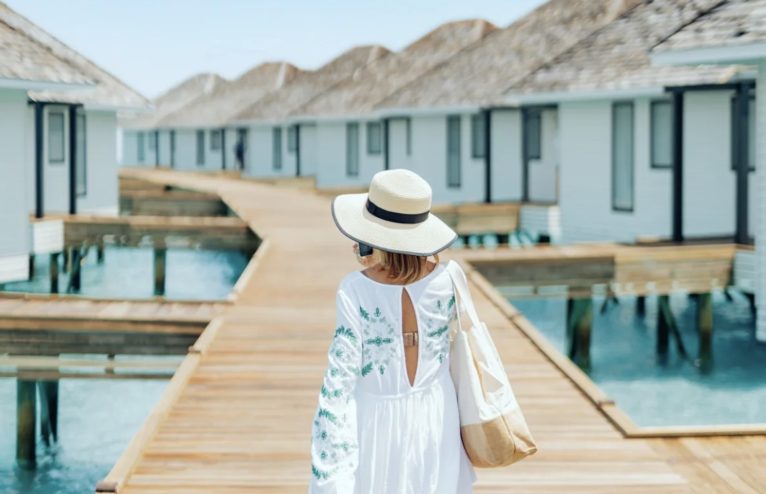
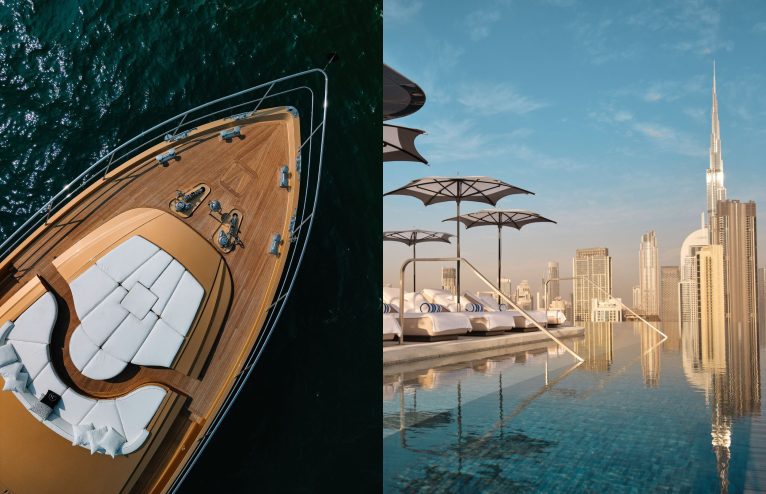
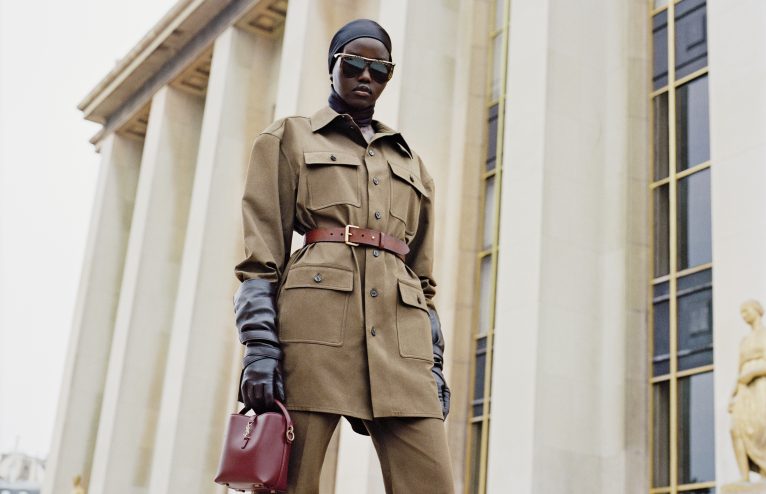
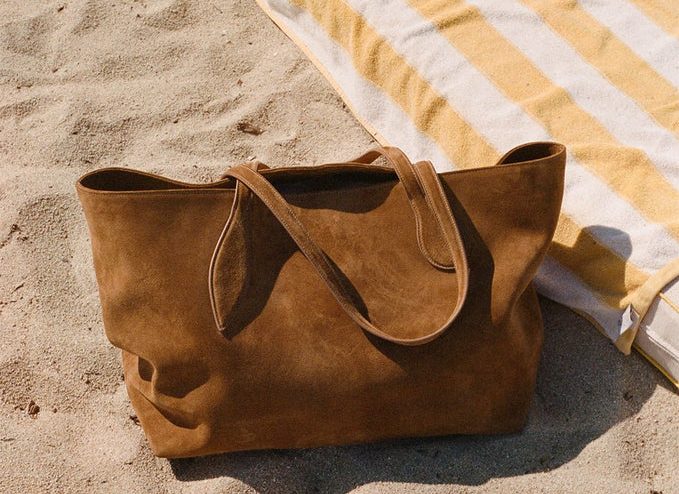

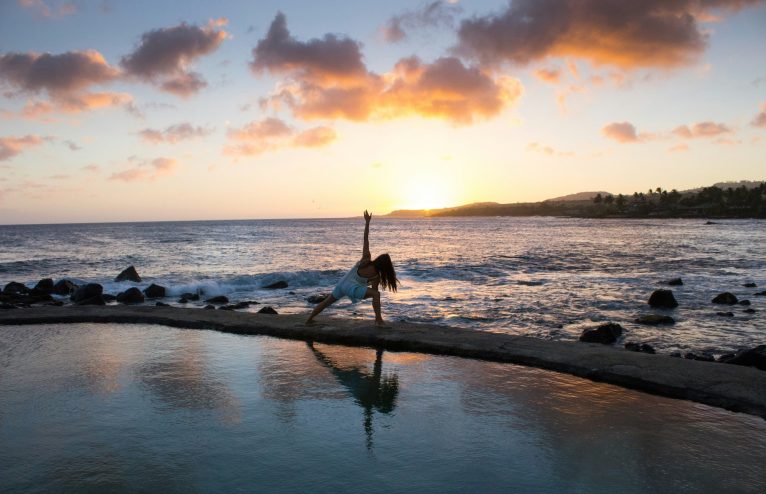
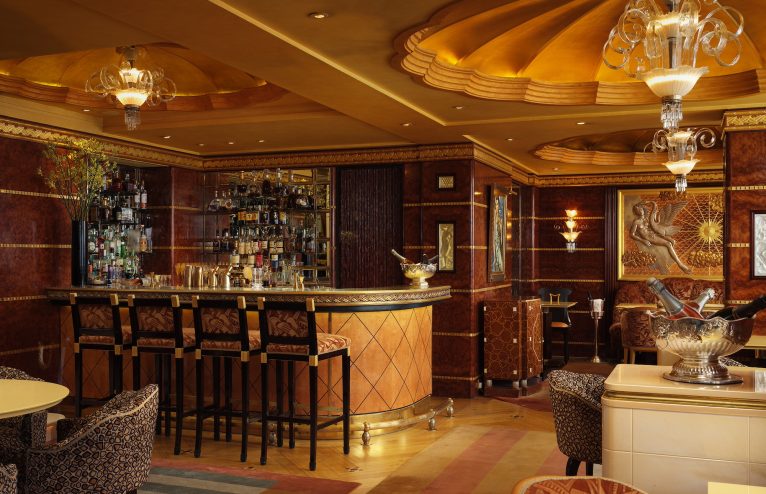
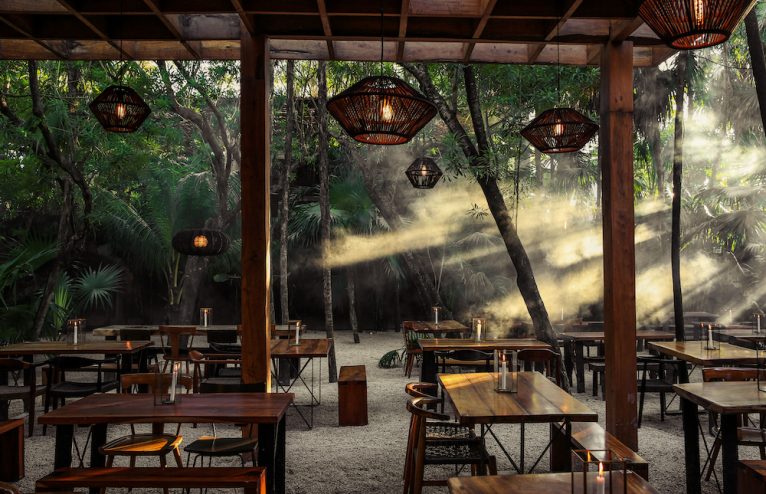
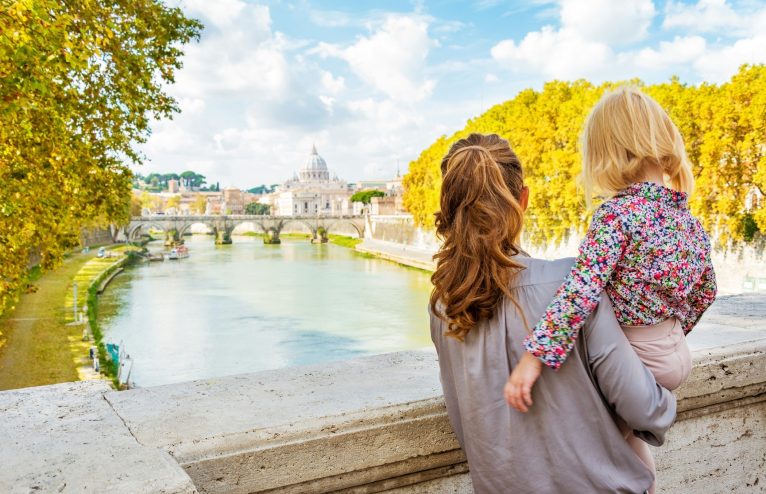
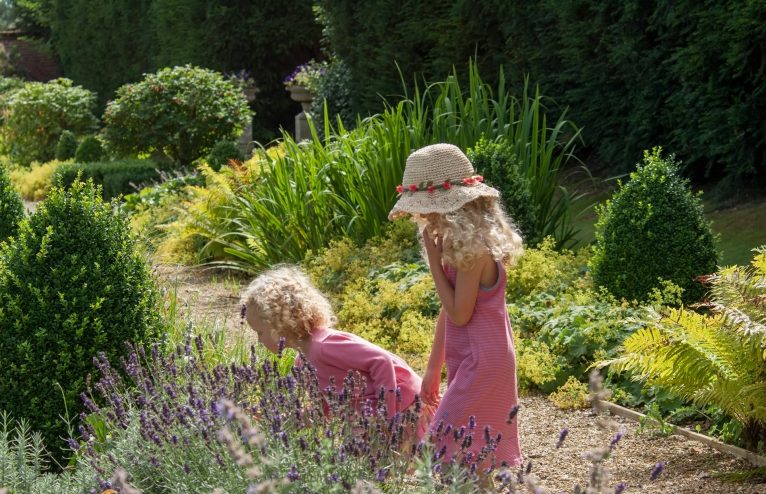

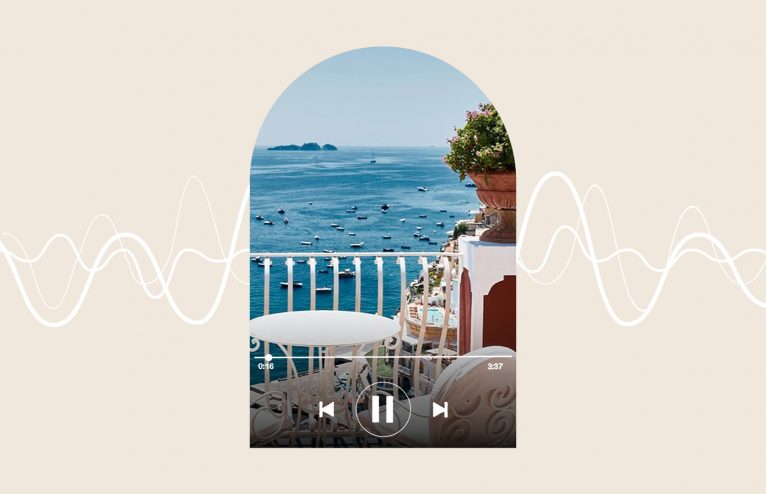
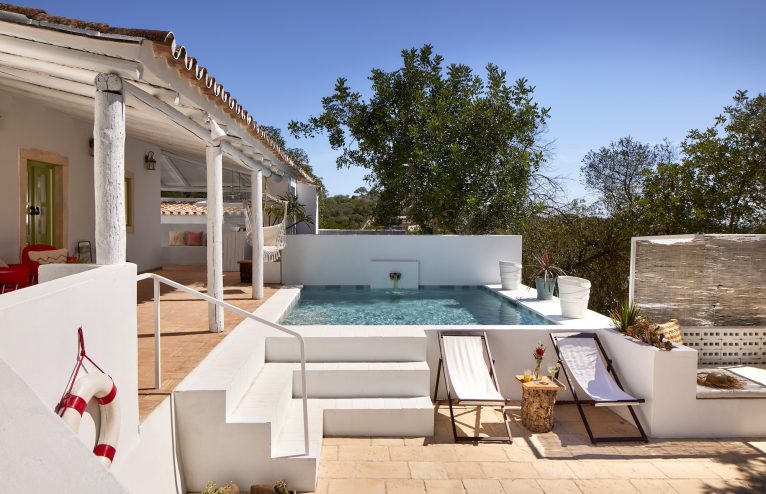
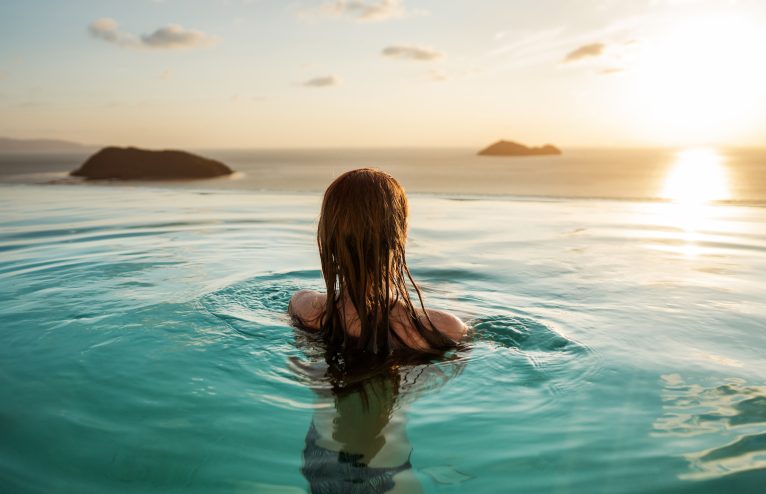

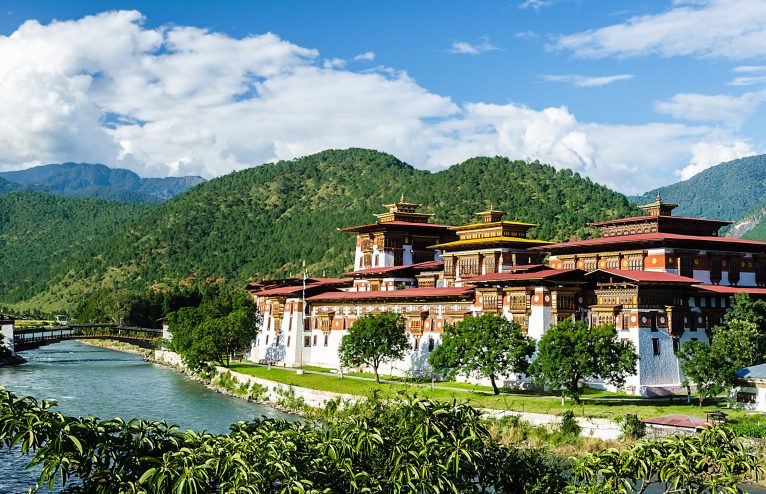
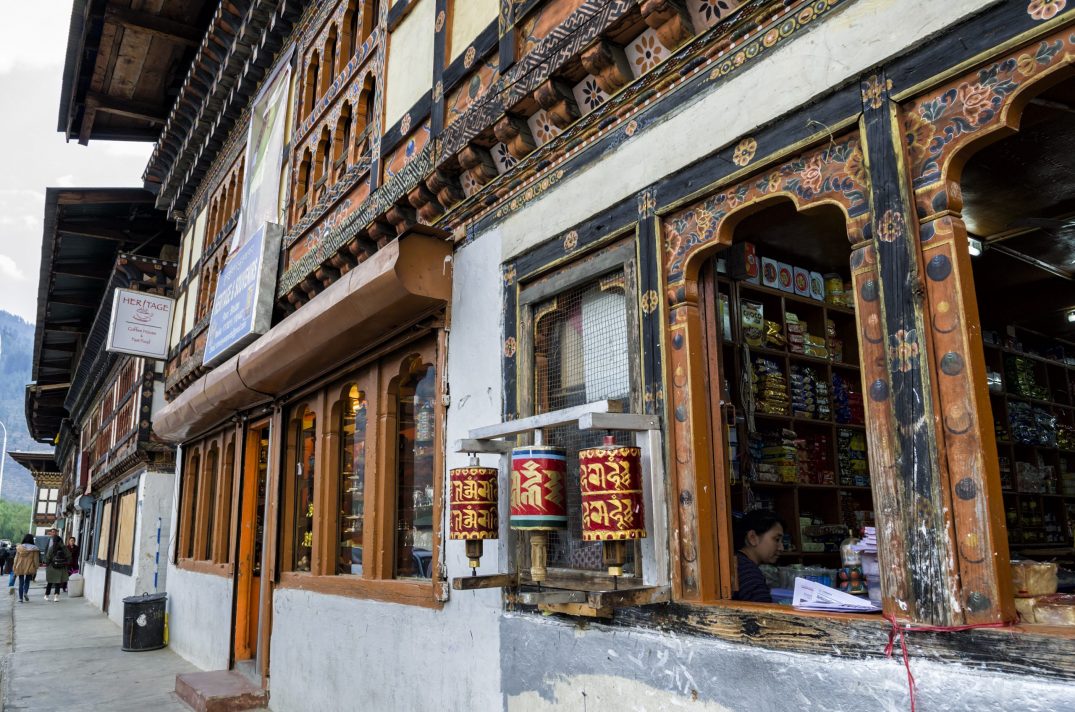
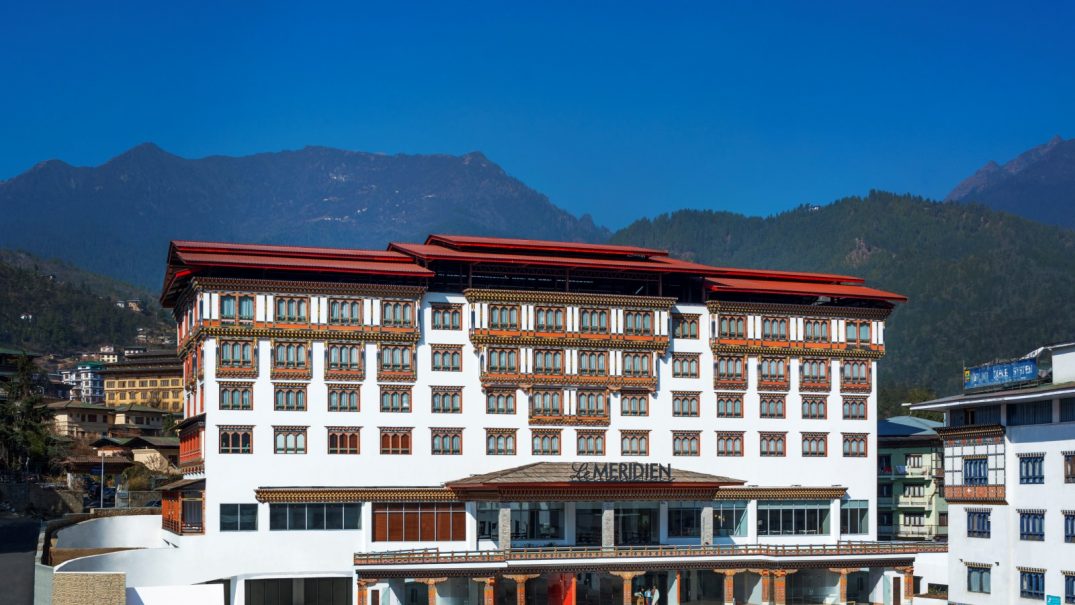
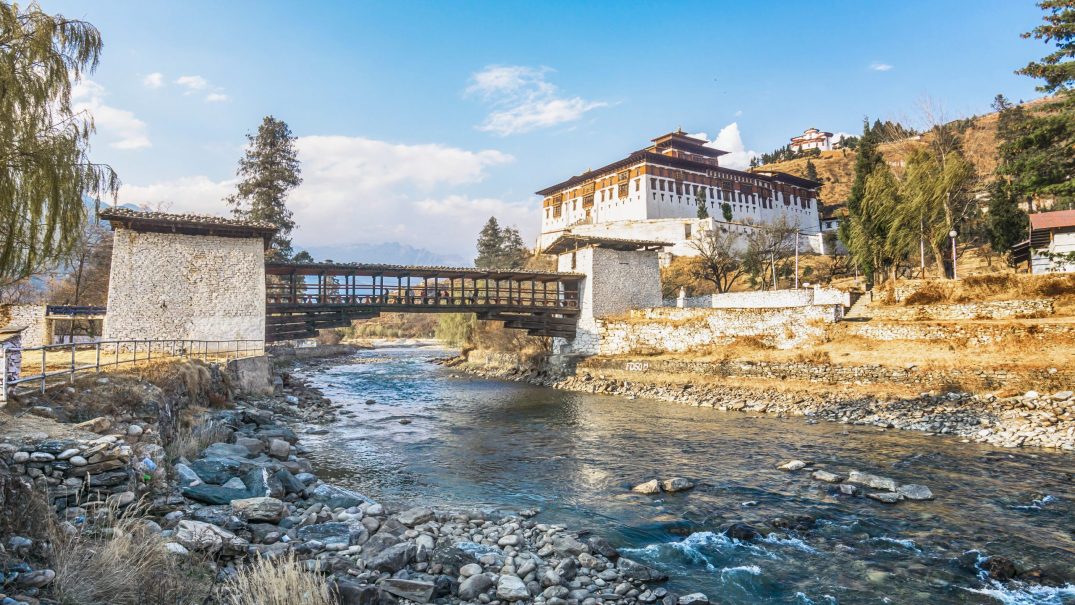
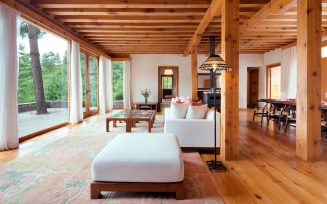
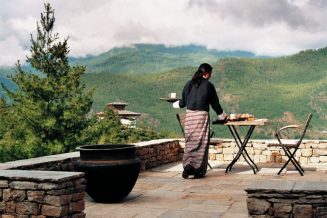
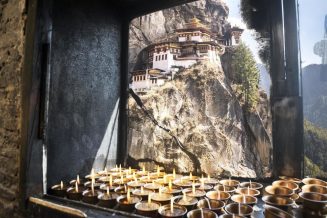
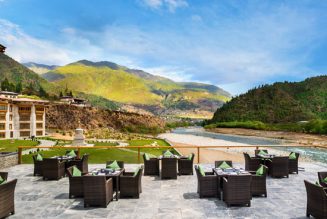
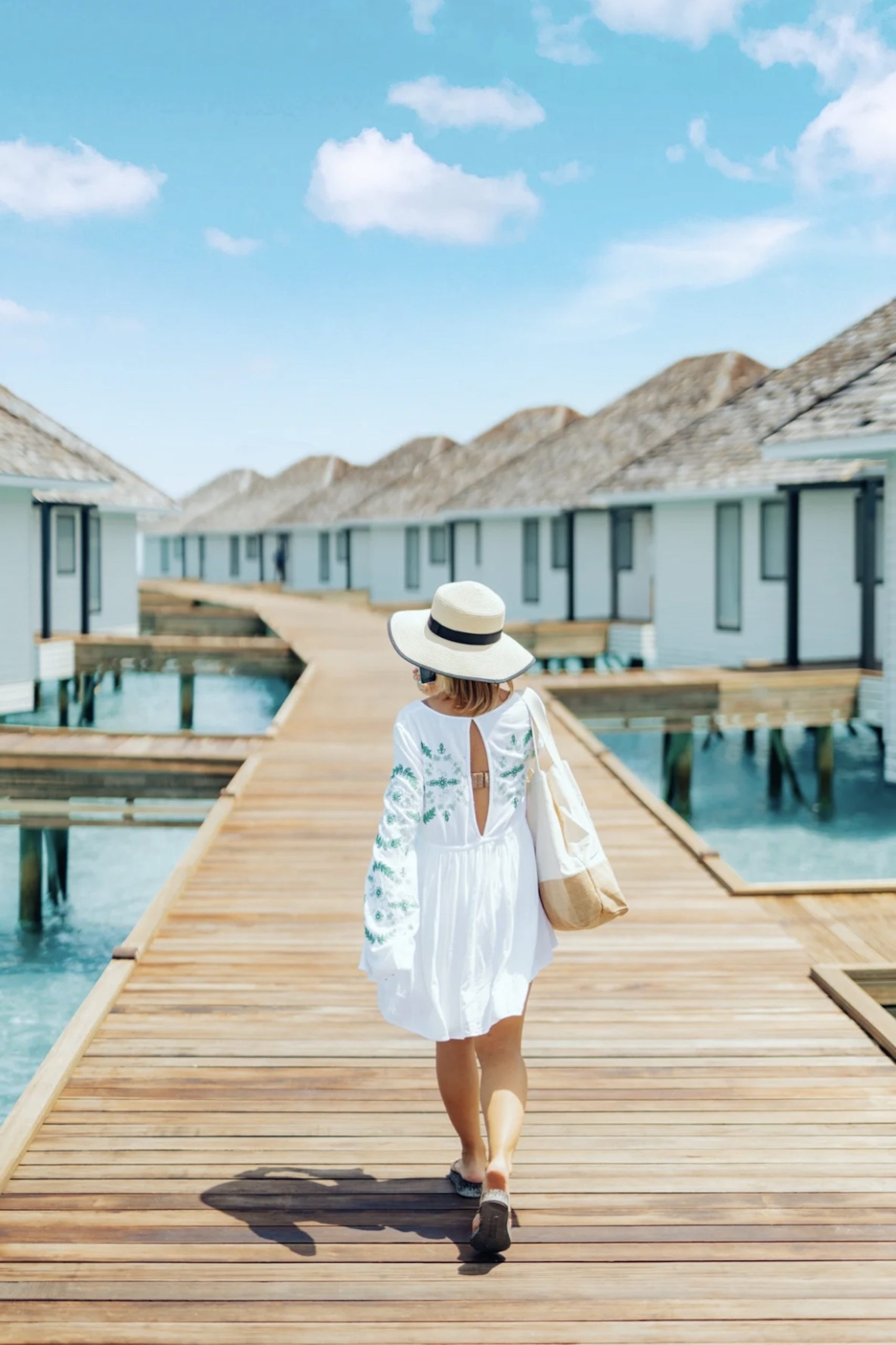


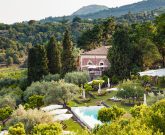
Any Questions or Tips to add?